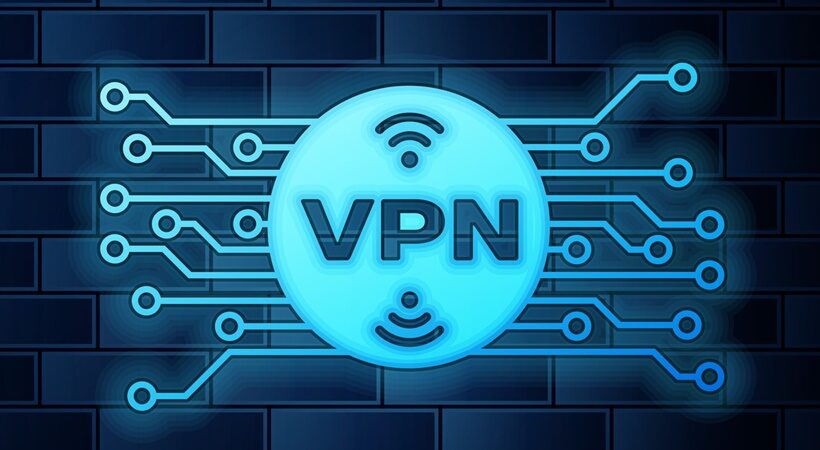The usage of virtual private networks (VPNs) is growing rapidly in Asia for different reasons. Most of us use a VPN for safe internet connectivity and browsing. Through the VPN, all data traffic is routed through an encrypted virtual tunnel. This disguises our IP address when we use the internet, making its location invisible to everyone. A VPN connection secures our browsing from external attacks as well.
Though using VPN in Asia is legal, there have been cases where the government or local police have punished people for using the service. There are certain restrictions imposed by the Indian government under cyber laws. One can be punished for committing criminal acts or merely visiting sites banned by the government.
In Asia, VPN can be used by companies, institutions and banks for internal purposes. As for India, VPNs are mostly used to unlock Western content and social media restricted by the government for a long time. In other words, Indian citizens use VPN for watching and downloading some films or web shows early on that have already been released in other countries like the US, the UK and Canada. Whereas Singapore had 29.59 percent of the population downloading VPNs, India was not too far behind with 25.27 percent during the first half of 2021.
You can legally use a VPN in India by following the guidelines provided by the Department of Telecommunications. The misuse (e.g., accessing blacklisted content such as pornography, torrent sites that facilitate the distribution of pirated content) can lead one to imprisonment for violating the cyber laws.
If one is caught using a website that allows you to view, download and distribute content that is illegally uploaded, the government of India may prosecute you under Sections 63, 63A, 65 and 65A of the Copyright Act, 1957 of Indian Penal Code (IPC). While downloading an unauthorised copy of a film, or streaming the same from an illegal website if you get exposed, the individual is likely to be subjected to legal prosecution, leading to three years of imprisonment and a penalty of up to Rs 3,00,000.



















